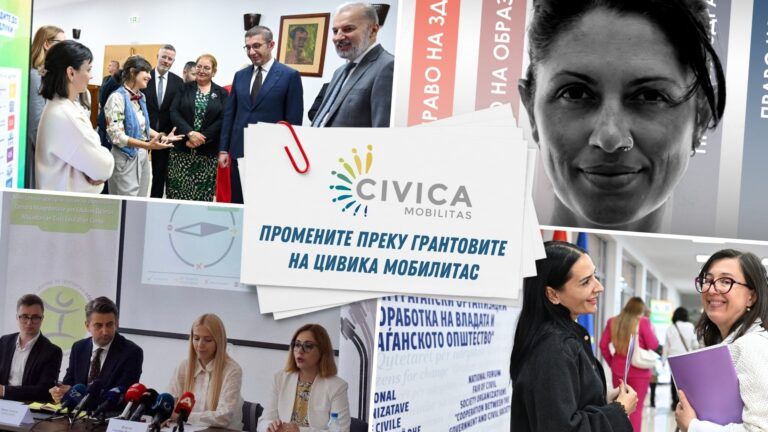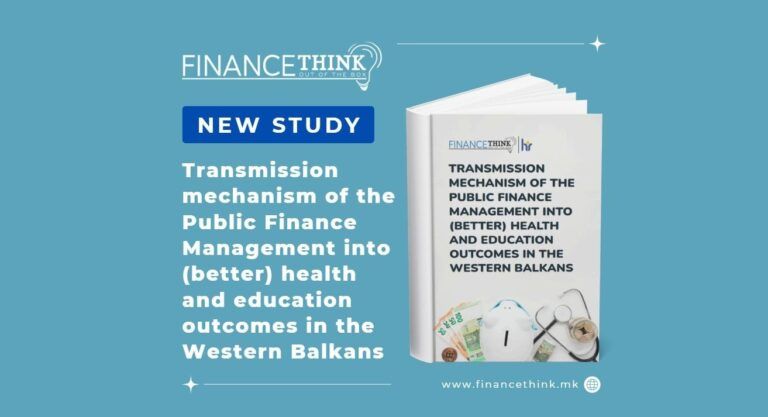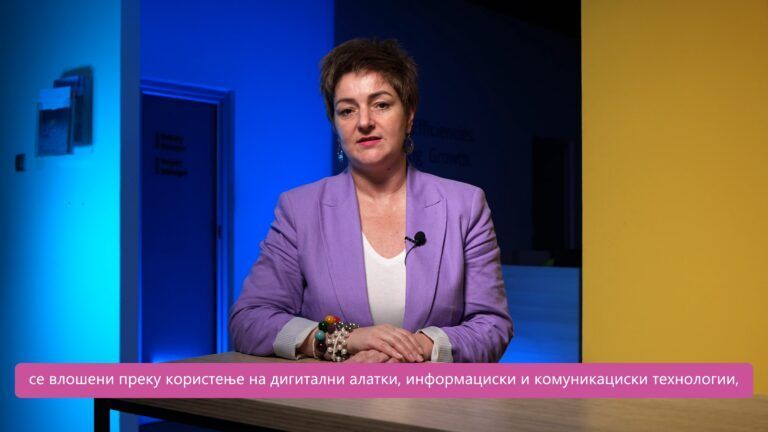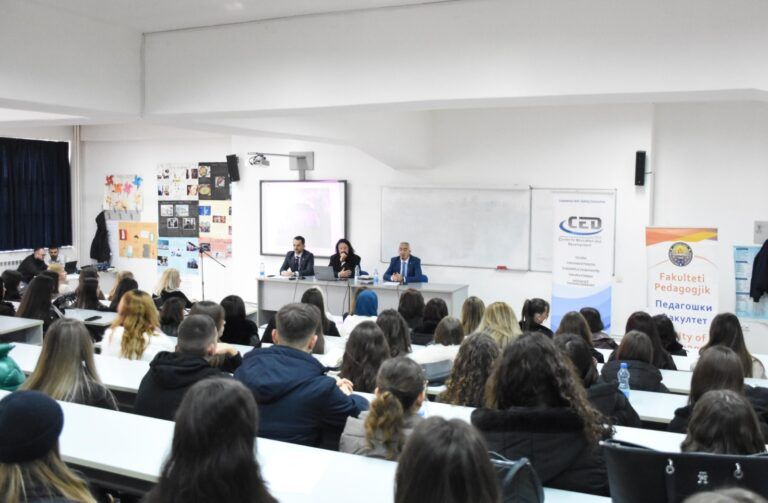EPI presented a statement in the 46th Pre-session of the fourth cycle of UPR and held advocacy meetings with permanent missions to the UN
EPI participated in the 46th Pre-sessions of the fourth cycle Universal Periodic Review (UPR) at the United Nations offices in Geneva, Switzerland last week. Our researcher Angela Delevska presented EPI’s statement at the Pre-session covering two pressing issues, the challenges and obstacles to independence and pluralism of the national equality body, i.e., the Commission for Prevention and Protection against Discrimination; and the challenges and infringement of the ESC rights of persons with disabilities, respectively the right to inclusive education.
Regarding the first issue the Commission for Prevention and Protection against Discrimination (CPPD), has been established, it still faces significant hurdles. It struggles with financial restrictions, lack of human resources independence, and political parties’ pressure during member selection, jeopardising its independence and effectiveness. Regarding the second issue, while progress has been made with the adoption of laws and concepts for inclusive education, implementation lags behind. Key issues include insufficient support staff, inadequate provisions for studying Braille and sign language, and accessibility barriers in educational facilities.
Before the 46th Pre-session, EPI submitted a joint contribution with seven other organisations part of a re-granting scheme in the framework of the project “Joint action for human rights”. In addition to research and monitoring, the joint contribution benefited from two informal consultations on the national report with MPs and CSOs, one organized by the UN Resident Coordinator and Human Rights Adviser/OHCHR in North Macedonia, and the other by EPI, in which the Head of the Human Rights Unit at the Ministry of Foreign Affairs participated.
In parallel to the pre-session, our researchers Angela Delevska and Ardita Vejseli held multiple advocacy meetings with representatives from the permanent missions to the United Nations of Germany, Belgium, Sweden and Croatia. In addition, they also had an advocacy meeting with the EU delegation in Geneva, with an official invitation from the delegation, where they presented in detail the statement as well as EPIs work in the areas of interest.
The UPR is a unique and only international mechanism of the Human Rights Council that calls for each UN Member State to undergo a peer review of its human rights records every 4.5 years. In 2006, the United Nations General Assembly with a resolution created the Human Rights Council (HRC) and mandated the HRC to “undertake a universal periodic review, based on objective and reliable information, of the fulfillment by each State of its human rights obligations and commitments in a manner which ensures universality of coverage and equal treatment with respect to all States” where the “review shall be a cooperative mechanism, based on an interactive dialogue, with the full involvement of the country concerned and with consideration given to its capacity-building needs”. The UPR was established in 2007, with the first session being held in 2008. As the UPR is an inclusive mechanism, consultations with other stakeholders such as national and international CSOs, National Human Rights Institutions (NHRIs) and other local stakeholders are held in the Pre-sessions, organised one month in advance of the Working Group review. They offer the possibility for representatives of the permanent missions to gather complete and up-to-date information in a short period of time by meeting with multiple CSOs simultaneously.
The post EPI presented a statement in the 46th Pre-session of the fourth cycle of UPR and held advocacy meetings with permanent missions to the UN appeared first on EPI.





![[Aggregator] Downloaded image for imported item #43092](https://civicamobilitas.mk/wp-content/uploads/2025/12/media-lit-call-for-proposals-fotor-naslovna.png)
![[Aggregator] Downloaded image for imported item #43146](https://civicamobilitas.mk/wp-content/uploads/2025/12/10-1536x1152-1-1024x768-1-768x576.jpg)

